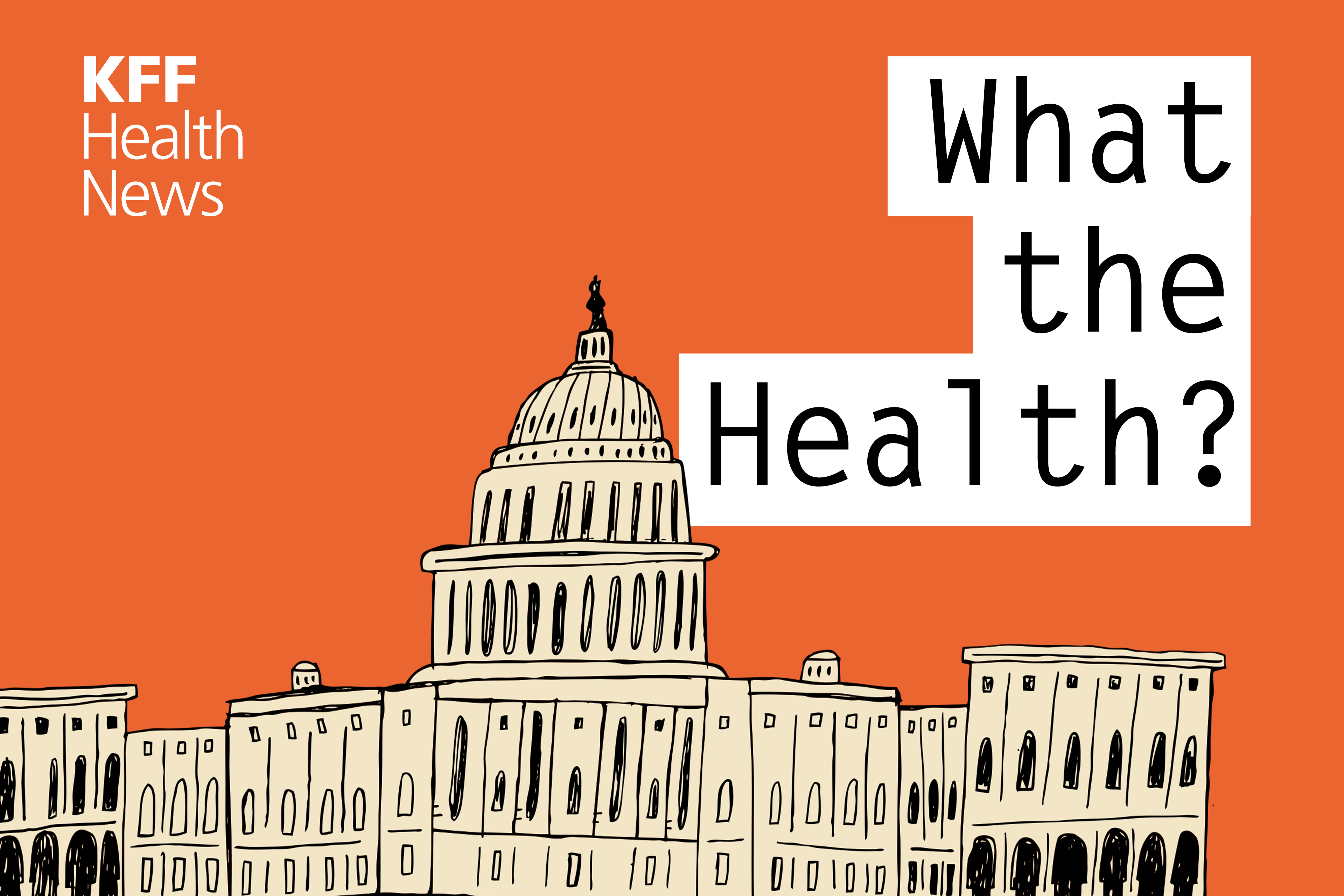The Host
A unanimous Supreme Court turned back a challenge to the FDA’s approval and rules for the abortion pill mifepristone, finding that the anti-abortion doctor group that sued lacked standing to do so. But abortion foes have other ways they intend to curtail availability of the pill, which is commonly used in medication abortions, which now make up nearly two-thirds of abortions in the U.S.
Meanwhile, the Biden administration is proposing regulations that would bar credit agencies from including medical debt on individual credit reports. And former President Donald Trump, signaling that drug prices remain a potent campaign issue, attempts to take credit for the $35-a-month cap on insulin for Medicare beneficiaries — which was backed and signed into law by Biden.
This week’s panelists are Julie Rovner of KFF Health News, Anna Edney of Bloomberg News, Rachana Pradhan of KFF Health News, and Emmarie Huetteman of KFF Health News.
Among the takeaways from this week’s episode:
- All nine Supreme Court justices on June 13 rejected a challenge to the abortion pill mifepristone, ruling the plaintiffs did not have standing to sue. But that may not be the last word: The decision leaves open the possibility that different plaintiffs — including three states already part of the case — could raise a similar challenge in the future, and that the court could then vote to block access to the pill.
- As the presidential race heats up, President Joe Biden and former President Donald Trump are angling for health care voters. The Biden administration this week proposed eliminating all medical debt from Americans’ credit scores, which would expand on the previous, voluntary move by the major credit agencies to erase from credit reports medical bills under $500. Meanwhile, Trump continues to court vaccine skeptics and wrongly claimed credit for Medicare’s $35 monthly cap on insulin — enacted under a law backed and signed by Biden.
- Problems are compounding at the pharmacy counter. Pharmacists and drugmakers are reporting the highest numbers of drug shortages in more than 20 years. And independent pharmacists in particular say they are struggling to keep drugs on the shelves, pointing to a recent Biden administration policy change that reduces costs for seniors — but also cash flow for pharmacies.
- And the Southern Baptist Convention, the nation’s largest branch of Protestantism, voted this week to restrict the use of in vitro fertilization. As evidenced by recent flip-flopping stances on abortion, Republican candidates are feeling pressed to satisfy a wide range of perspectives within even their own party.
Also this week, Rovner interviews KFF president and CEO Drew Altman about KFF’s new “Health Policy 101” primer. You can learn more about it here.
Plus, for “extra credit,” the panelists suggest health policy stories they read this week that they think you should read, too:
Julie Rovner: HuffPost’s “How America’s Mental Health Crisis Became This Family’s Worst Nightmare,” by Jonathan Cohn.
Anna Edney: Stat News’ “Four Tops Singer’s Lawsuit Says He Visited ER for Chest Pain, Ended Up in Straitjacket,” by Tara Bannow.
Rachana Pradhan: The New York Times’ “Abortion Groups Say Tech Companies Suppress Posts and Accounts,” by Emily Schmall and Sapna Maheshwari.
Emmarie Huetteman: CBS News’ “As FDA Urges Crackdown on Bird Flu in Raw Milk, Some States Say Their Hands Are Tied,” by Alexander Tin.
Also mentioned on this week’s podcast:
To hear all our podcasts, click here.
And subscribe to KFF Health News’ “What the Health?” on Spotify, Apple Podcasts, Pocket Casts, or wherever you listen to podcasts.






















Discussion about this post